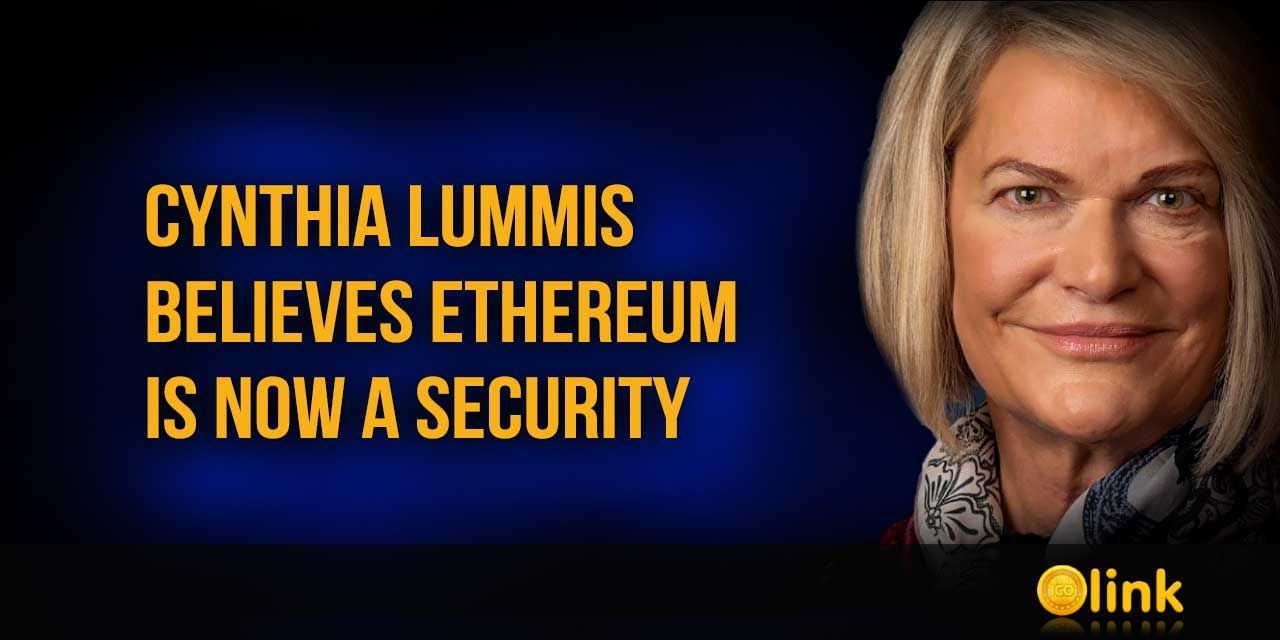Cynthia Lummis: ETHEREUM IS A SECURITY
US Senator Cynthia Lummis Believes Ethereum Is Now a Security and Bitcoin Is the Only Commodity Cryptocurrency
In this article, we'll explore Senator Lummis' views on the topic and delve into what this could mean for the cryptocurrency market.
Judging by the way things are now, Bitcoin is the only digital asset that can be described as a commodity..
US senator: Cynthia Lummis
Ethereum's Transition to Proof-of-Stake (PoS) Consensus Algorithm
Senator Lummis believes that after the transition of Ethereum to the Proof-of-Stake (PoS) consensus algorithm, Ethereum has become insufficiently decentralized and therefore should be classified as a security. According to the Howie test, an asset can be classified as a security if there is an investment of money in a common enterprise and the expectation of profits derived from the efforts of others. A security is an asset issued by a centralized organization to attract financing and investors. Owners of this asset expect to receive a profit that depends on the efforts made by the company.
As per Senator Lummis' statements, after the merger of Ethereum, it has to be considered a security. This may have far-reaching implications for the cryptocurrency market as a whole.
Bitcoin Is the Only Commodity Cryptocurrency
Senator Lummis believes that Bitcoin is the only digital asset that can be described as a commodity. This view is shared by the Chairman of the US Commodity Futures Trading Commission (CFTC), Rostin Behnam, who also believes that two cryptocurrencies can be considered commodities: Bitcoin and Ether.
According to Senator Lummis, the absence of a board of directors at FTX, the presence of 135 companies, and the lack of clear information about finances all indicate fraud. She believes that FTX CEO Sam Bankman-Fried should focus on going through bankruptcy proceedings instead of speaking before Congress in fruitless attempts to restore his reputation.
Regulation of Digital Assets
Senator Lummis has introduced a bill on the regulation of digital assets that would prevent such situations and clarify how to classify crypto assets. This is an important step towards providing clarity in the cryptocurrency market, which is currently rife with uncertainty.
The views of US Senator Cynthia Lummis and other regulatory officials on the classification of cryptocurrencies will likely shape the future of the industry. It is essential for cryptocurrency investors and stakeholders to stay updated on any changes or developments in regulation.
The cryptocurrency market has seen its fair share of fraud and scams, making regulation necessary to protect investors and prevent market manipulation. However, over-regulation can stifle innovation and hinder the growth of the industry. Striking a balance between regulation and innovation is key.
In conclusion, the classification of cryptocurrencies as securities or commodities is a complex issue, and different regulatory officials have differing views on the matter. However, clarity and transparency in regulation are essential for the growth and stability of the cryptocurrency market. As the industry continues to evolve, it is important for investors and stakeholders to stay informed and adapt to any changes in regulation.






